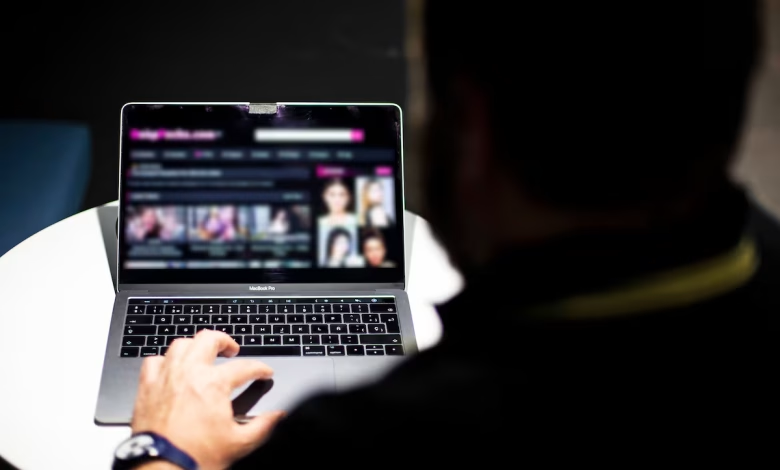Hong Kong Launches Criminal Probe Into AI-Generated Porn Scandal at Leading University

Hong Kong’s privacy watchdog has launched a criminal investigation into a disturbing scandal involving AI-generated pornographic images allegedly created by a law student at the University of Hong Kong (HKU), the city’s oldest and most prestigious academic institution.
The Office of the Privacy Commissioner for Personal Data confirmed on Tuesday that it has initiated formal proceedings after multiple accusations surfaced over the weekend.
The allegations claim the male student used artificial intelligence to fabricate explicit images of at least 20 female classmates and professors—a case believed to be Hong Kong’s first high-profile instance of AI-fueled image abuse.
The university faced backlash after initially issuing only a warning letter and demanding an apology from the student, a response critics have called dangerously inadequate.
“Disclosing someone else’s personal data without consent and with the intent to cause harm may constitute a criminal offence,” the privacy watchdog said in a statement. It declined to name the suspect or release further details while the investigation is ongoing.
The case has ignited debate over the legal gray areas surrounding non-consensual deepfake content.
According to the accusers—who issued a joint statement on Saturday—Hong Kong law currently only criminalizes the distribution of intimate or indecent images, including AI-generated ones, but not the act of creating them.
The images, reportedly discovered on the student’s personal laptop by a friend, have not been shared publicly, which means no existing law directly applies. “Victims are unable to seek punishment through Hong Kong’s criminal justice system,” the statement noted.
Critics argue this exposes a dangerous loophole in the territory’s digital privacy laws and highlights how legal frameworks have failed to keep pace with evolving technologies.
Women’s rights advocates and academics warn the scandal could be a harbinger of a much broader issue.
“This is the tip of a very large iceberg,” said Annie Chan, a sociologist and former associate professor at Lingnan University. “The HKU case shows clearly that anyone could be a perpetrator—no space is 100% safe.”
Doris Chong, Executive Director of the Association Concerning Sexual Violence Against Women, echoed the concern, noting that victims often suffer immense emotional distress even without any real images involved.
“Some people who seek our help feel violated, because they never took those photos in the first place,” Chong said. “But AI-generated content can be so realistic that its circulation is deeply traumatic.”
At a press conference on Tuesday, Hong Kong Chief Executive John Lee stated that “most of the city’s laws are applicable to internet activities,” but did not confirm whether the government plans to introduce specific legislation to tackle AI-driven image abuse.
HKU, which has come under fire for its perceived leniency, said in a statement over the weekend that it will “review the case and take further action if appropriate.”
The scandal comes amid growing international concern over the rise of non-consensual deepfake pornography, particularly targeting women.
While some jurisdictions, like the UK and parts of the EU, have updated laws to criminalize the creation, possession, and distribution of deepfakes, many places—including Hong Kong—remain legally unprepared for the rapid evolution of generative AI.




